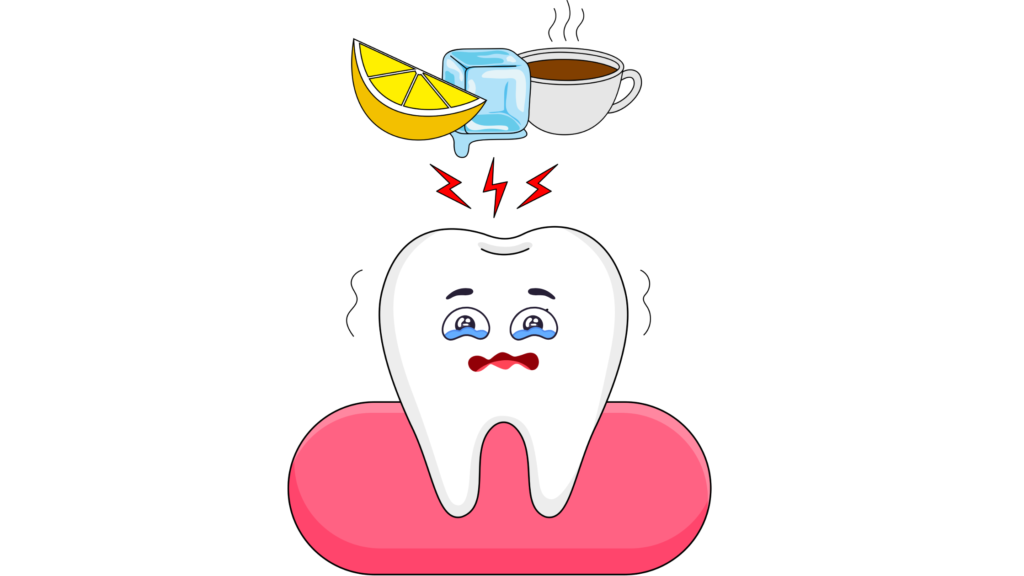The gut and oral microbiomes are two essential ecosystems that play a critical role in maintaining overall health. While often discussed separately, these microbiomes are intricately connected, constantly interacting and influencing each other. The gut microbiome, home to trillions of microorganisms, impacts the oral microbiome through immune regulation, nutrient absorption, and microbial communication. Similarly, imbalances in the oral microbiome can affect the gut, highlighting the importance of maintaining balance in both systems.
When the gut microbiome is disrupted—due to poor diet, stress, or medication—it can lead to systemic inflammation, nutritional deficiencies, and even oral health issues like gum disease and bad breath. Conversely, oral infections or imbalances can introduce harmful bacteria to the digestive system, affecting gut health.
In this article, we’ll explore the fascinating connection between the gut and oral microbiomes, uncovering how they work together to protect your health and practical ways to support their balance for a healthier mouth and body.
How the Gut Microbiome Impacts Oral Health
The gut microbiome significantly shapes oral health through interconnected systems that influence the mouth’s microbial balance and overall environment. Here’s how:
Microbial Communication
- Microbes from the gut can travel to the oral cavity via the digestive system, mainly through saliva and other bodily fluids.
- When the gut microbiome is imbalanced (a condition known as dysbiosis), harmful bacteria may influence the oral microbiome, increasing the risk of cavities, gum disease, and bad breath.
Immune System Regulation
- A healthy gut microbiome supports the body’s immune system by producing anti-inflammatory compounds and regulating immune responses.
- This immune regulation helps prevent oral inflammation and infections, such as gum disease, by keeping harmful bacteria in check.
Nutrient Absorption
- The gut microbiome plays a crucial role in digesting food and absorbing nutrients like calcium, vitamin D, and B vitamins, which are essential for strong teeth and healthy gums.
- Poor gut health can lead to deficiencies in these nutrients, weakening the oral environment and making it more susceptible to disease.

By maintaining a healthy gut microbiome, you can indirectly protect your oral health, highlighting the importance of a holistic approach to supporting both systems.
Signs of Gut Microbiome Imbalance and Their Oral Health Impact
An imbalance in the gut microbiome, known as dysbiosis, can have far-reaching effects on the body, including significant impacts on oral health. Here are some of the key ways gut imbalance can manifest in the mouth:
Chronic Inflammation
- Gut dysbiosis often triggers systemic inflammation, allowing harmful bacteria and toxins to enter the bloodstream.
- This systemic inflammation can exacerbate gum disease, increasing the risk of swelling, redness, and infection in gum tissues.
Nutritional Deficiencies
- Poor gut health can impair the absorption of essential nutrients like calcium, vitamin D, and magnesium, which are crucial for strong teeth and gums.
- These deficiencies weaken enamel, increase tooth sensitivity, and reduce the gums’ ability to fight off infection.

Bad Breath
- Imbalances in the gut microbiome can lead to the production of odorous compounds that contribute to chronic bad breath (halitosis).
- Foul-smelling gases produced by harmful gut bacteria can travel through the digestive system to the mouth, worsening oral odor.
Increased Risk of Oral Infections
- A weakened immune response from gut dysbiosis can make the body more vulnerable to oral infections, such as oral thrush or periodontal diseases.
- Harmful bacteria from the gut can migrate to the mouth, disrupting the oral microbiome.
Delayed Healing
- Poor gut health can impair tissue repair and regeneration, slowing recovery from oral injuries, gum disease treatments, or dental procedures.
Dry Mouth
- Dysbiosis may influence hydration levels and saliva production, leading to dry mouth (xerostomia).
- Dry mouth reduces saliva’s protective effects, increasing the risk of cavities and gum disease.
Altered Salivary Composition
- Gut imbalance may affect the composition of saliva, reducing its ability to neutralize acids and support beneficial oral bacteria.
By addressing gut dysbiosis and its systemic effects, you can help restore balance to the oral microbiome and protect against these wide-ranging oral health issues.
Tips to Support Both Gut and Oral Microbiomes
Maintaining a balanced gut and mouth microbiome is essential for overall health. Here are some tips to support these interconnected systems:
Eat Fiber-Rich, Plant-Based Foods
- Incorporate high-fiber foods like leafy greens, whole grains, and legumes into your diet. These foods act as prebiotics, feeding beneficial bacteria in both the gut and oral microbiomes.
- Foods rich in polyphenols, such as berries, green tea, and nuts, also promote microbial diversity and reduce harmful bacteria.
Avoid Excessive Antibiotic Use
- Limit the use of antibiotics to necessary situations, as they can disrupt the microbial balance by eliminating beneficial bacteria alongside harmful ones.
- Work with healthcare professionals to explore alternative treatments when appropriate, and focus on rebuilding microbiome diversity after antibiotic use.
Stay Hydrated
- Drink plenty of water throughout the day to support saliva production, which helps wash away harmful bacteria and maintain a balanced pH in the mouth.
- Hydration aids digestion and promotes a healthy gut microbiome, ensuring proper nutrient absorption.

Manage Stress
- Chronic stress can disrupt both gut and oral microbiomes by increasing inflammation and reducing microbial diversity.
- Incorporate stress management techniques such as yoga, meditation, or regular exercise to support balance in both systems.
These simple habits can help nourish beneficial bacteria, reduce harmful bacteria, and strengthen the connection between your gut and oral health.
Practical Daily Habits to Optimize the Gut-Oral Microbiome Connection
Optimizing the connection between your gut and oral microbiomes involves simple daily habits that support microbial balance:
Include Probiotics and Prebiotics
- Add probiotic-rich foods like fermented vegetables, kimchi, sauerkraut, and miso to your diet to introduce beneficial bacteria.
- Include prebiotic fibers from foods like garlic, onions, bananas, and oats to nourish these beneficial microbes in both the gut and mouth.
Practice Consistent Oral Hygiene
- Brush and floss daily to remove food particles and plaque, which can feed harmful bacteria.
- Use gentle, non-antibacterial mouth rinses to avoid disrupting the balance of beneficial microbes in the oral microbiome.
Eat a Balanced Diet
- Focus on nutrient-dense, whole foods, including fresh vegetables, fruits, whole grains, and nuts, to provide the vitamins and minerals needed for strong teeth, gums, and a healthy gut.
- Minimize processed foods and sugar, which promote harmful bacterial growth in both systems.
Following these daily guidelines can help maintain harmony between the gut and oral microbiomes, promoting better oral health, digestion, and overall wellness.
Conclusion
The connection between the gut and oral microbiomes is vital for overall health, influencing everything from oral hygiene to systemic wellness. By understanding this link and adopting habits that promote microbial balance—such as eating a nutrient-dense diet, practicing consistent oral hygiene, and managing stress—you can support both systems effectively. These small daily choices can lead to better digestion, stronger teeth and gums, and improved overall well-being.
In future articles in this series, we’ll dive deeper into optimizing microbiome health for lasting wellness.

